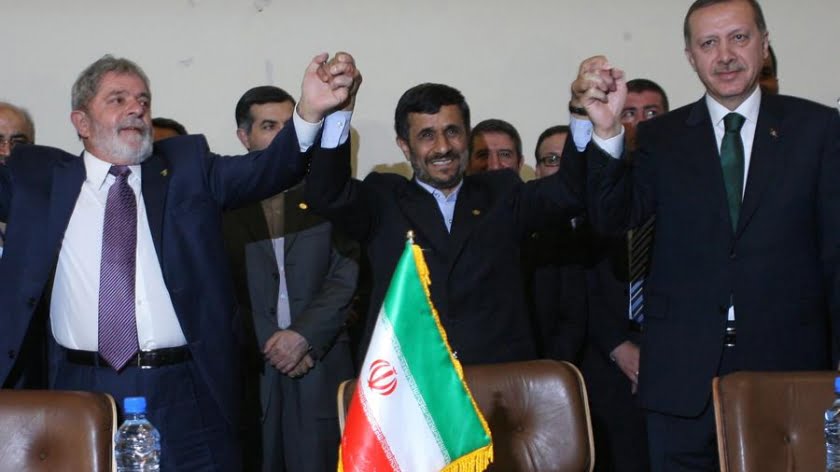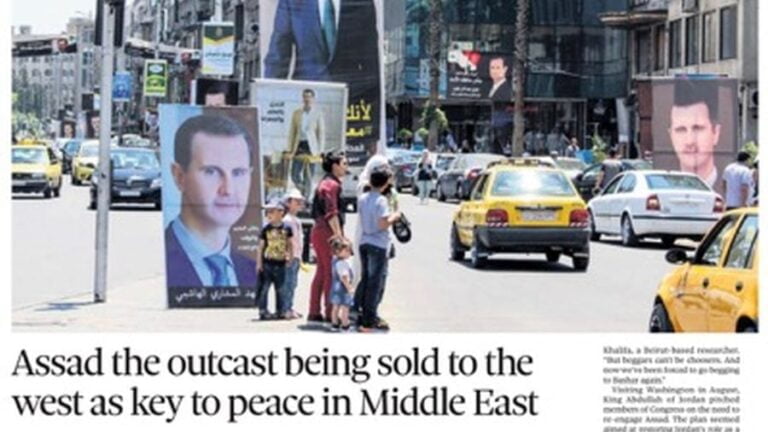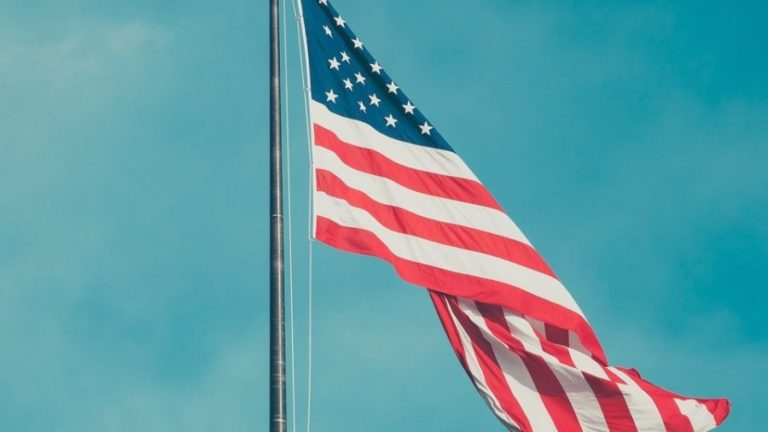France in Africa: Emmanuel Macron’s Farewell Visit
French President Emmanuel Macron began his 18th visit to Africa since the year 2017 on March 1st. He chose to visit three French-speaking countries (Gabon, the Republic of the Congo, and the Democratic Republic of the Congo) and one Portuguese-speaking country, Angola.
A valid question arises: Why the farewell? Indeed, the French president still has plenty of time to visit Africa. Yes, he does, but this appears to be his final visit to Africa in the status of a power which, since the early 1960s, has acted as “trustee” of its former colonies and has had special rights, privileges and influence there in this capacity.
Delivering another “historic” speech two days before his trip, on February 27, the French head of state declared that this is the era of “a new responsible French policy on the continent,” which will break with the traditions of the so-called “African postcolonial” French line, known internationally as “Françafrique” or the system of formal and informal links of the French political class and big business with African business and political elites. He also announced the reduction of the French military contingent on African territory.
According to Macron, France will now act as a “neutral interlocutor” in order to avoid “strategic competition” imposed on it by other powers such as Russia and China, both of which are increasing their influence on the continent. The French president was even bold enough to criticize himself, stating that “assessing the level of our influence through the number of military operations, privileged and exclusive ties with leaders, or the perception that economic markets are ours because we were in them before or because we were at the center of the game is outdated.” The French President also acknowledged that Africa is no longer France’s “backyard,” and that Paris must make a decision to shift “from the logic of aid to the logic of investment.”
Well, not bad and fairly honest words. But behind them is not so much a new Paris policy as it is a declaration of the failure of its previous one. Former French colonies are severing ties with Paris one by one, tearing up previous agreements, including the military partnership, and openly withdrawing from the sphere of French influence. And this is not so much the work of “strategic competitors” or sinister, as they are painted in Paris, Private Military Companies (PMCs) like Wagner, as it is the policy of Paris itself, which has caused a rejection reaction among the new generation of African elites, well-educated and unwilling to listen to a broken record of lectures from Paris and to meekly accept the conditions of cooperation imposed on them.
The decline of French influence in Africa did not start yesterday, and what we are witnessing now is more of a sigh of relief than a new stage in the Elysée Palace’s African policy. Strategically weakening under the weight of internal problems (migration from Islamic countries, the transfer of sovereign functions to Brussels, competition from China), France began to lose ground on the continent at the end of the 20th century. Then it tried to reformat its course, focusing on its most important points, such as Morocco, Egypt, Djibouti (where a French military base is stationed), South Africa, the Central African Republic. And in some countries of West Africa, mainly in the Sahara-Sahel zone, where Paris has long-term interests in the form of access to uranium reserves, without which France cannot hold out, since its industry and industry rely on nuclear power.
However, that line, largely adventurous, has not achieved its goals, although Paris has managed to strengthen relations with Egypt to some extent. But it failed to gain a long-term foothold in a part of Africa where it was not historically present, like South Africa. In recent years, Paris has been rapidly losing ground in the Central African Republic, Mali, and Burkina Faso. In fact, only Côte d’Ivoire remains its bastion, which is also important as the headquarters of the French-controlled ECOWAS regional economic association.
Forced by the system of established economic ties, Guinea, Gabon and the Republic of the Congo also remain in the French zone of influence, although even there they are increasingly beginning to look in the direction of Beijing and Moscow.
Of course, the weakening of France’s position on the continent is not only the result of the decrepitude of France itself, but also of many years of action by Paris. Over the past decades, it has ruthlessly exploited Africa’s wealth by sending in mercenaries, including the famous Bob Denard (Gilbert Bourget), one of the architects of Françafrique. He staged military coups, supported separatist movements in the same DRC, where Macron sent his foot and where he was accused of instigating the Rwandan genocide in 1994, and now the events in the DRC, due to Kigali’s support of the M-23 movement. By the way, he actually rejected in Kinshasa a proposal by DRC President F. Tshisekedi to impose sanctions against Rwanda
It was Paris that spread corruption in Africa by replicating the practice of “white elephants,” that is, projects for which enormous funds were allocated from the French treasury and then eaten up by large French corporations, while the plans remained on paper and brought nothing but damage to Africans. The upper circles of the French leadership were in on it, which led to the need to merge Elf Aquitaine with a private company, Total, in the late nineties. One had to hide the ends in water somehow!
The Arab analyst, Brigadier General Khalid Hamadeh has rightly drawn attention to the role of private companies operating in Africa. Constantly blaming the Wagner PMC for his troubles, Macron ignores the fact that other private security companies have long been operating in Africa. Among them is the consulting group Dike from South Africa, which was used by the Mozambican government to combat the Islamic radicals, Al-Shabab in the province of Cabo Delgado, the American companies CASI and Akademi, British Aegis, the Danish-based company GFOR, the German Exelis, which operates through the agency Asgard, and the French SECOPEX. The turnover of these companies as a whole is $3 billion a year. Against this backdrop Wagner looks if not a midget, then certainly not a giant. And blaming it for all the woes of France in Africa is, at the very least, incorrect.
So does Paris have a future in Africa? — Probably not. Because the process has gone too far, and France has not developed other methods of communication with the continent. Macron’s repentance looks like the vow of an alcoholic who promises not to drink anymore after another binge. Reiterating at every turn that France will now abandon its mentor-like tone and trademark arrogance, he spent only a few hours during his current tour of the Congo, where President Sassou Nguesso let him know that he would get to know the country better if he visited its most memorable places and stayed longer.
France will continue to rely on its old methods, combining promises with threats and trying to keep influence where it still remains—Côte d’Ivoire, Benin, Chad, Niger… But the list is getting shorter.







